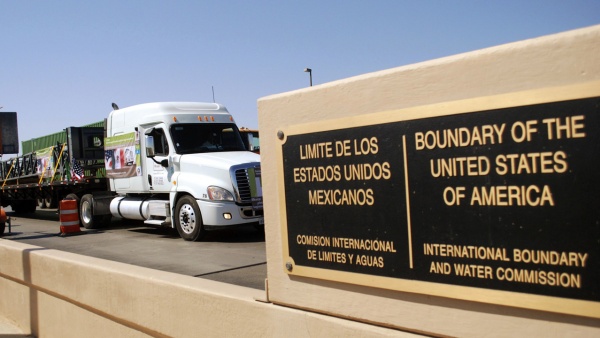Gordon Hanson on NAFTA and the USMCA | Council on Foreign Relations
In a Council on Foreign Relations article, CEGA affiliate Gordon Hanson weighs in on the impacts of NAFTA and the USMCA on the US economy and trade with China.
“The North American Free Trade Agreement (NAFTA) is a three-country accord negotiated by the governments of Canada, Mexico, and the United States that entered into force in January 1994. NAFTA eliminated most tariffs on products traded between the three countries, with a major focus on liberalizing trade in agriculture, textiles, and automobile manufacturing. The deal also sought to protect intellectual property, establish dispute resolution mechanisms, and, through side agreements, implement labor and environmental safeguards.
NAFTA fundamentally reshaped North American economic relations, driving unprecedented integration between the developed economies of Canada and the United States and Mexico’s developing one. In the United States, NAFTA originally enjoyed bipartisan backing; it was negotiated by Republican President George H.W. Bush, passed by a Democratic-controlled Congress, and was implemented under Democratic President Bill Clinton. Regional trade tripled under the agreement, and cross-border investment among the three countries also grew significantly.
Yet NAFTA has remained a perennial target in the broader debate over free trade. President Donald J. Trump says it undermined U.S. jobs and manufacturing, and in December 2019, his administration completed an updated version of the pact with Canada and Mexico, now known as the U.S.-Mexico-Canada Agreement (USMCA). The USMCA has since won broad bipartisan support on Capitol Hill, and is expected to enter into force in 2020.”
Source: NAFTA and the USMCA: Weighing the Impact of North American Trade | Council on Foreign Relations


